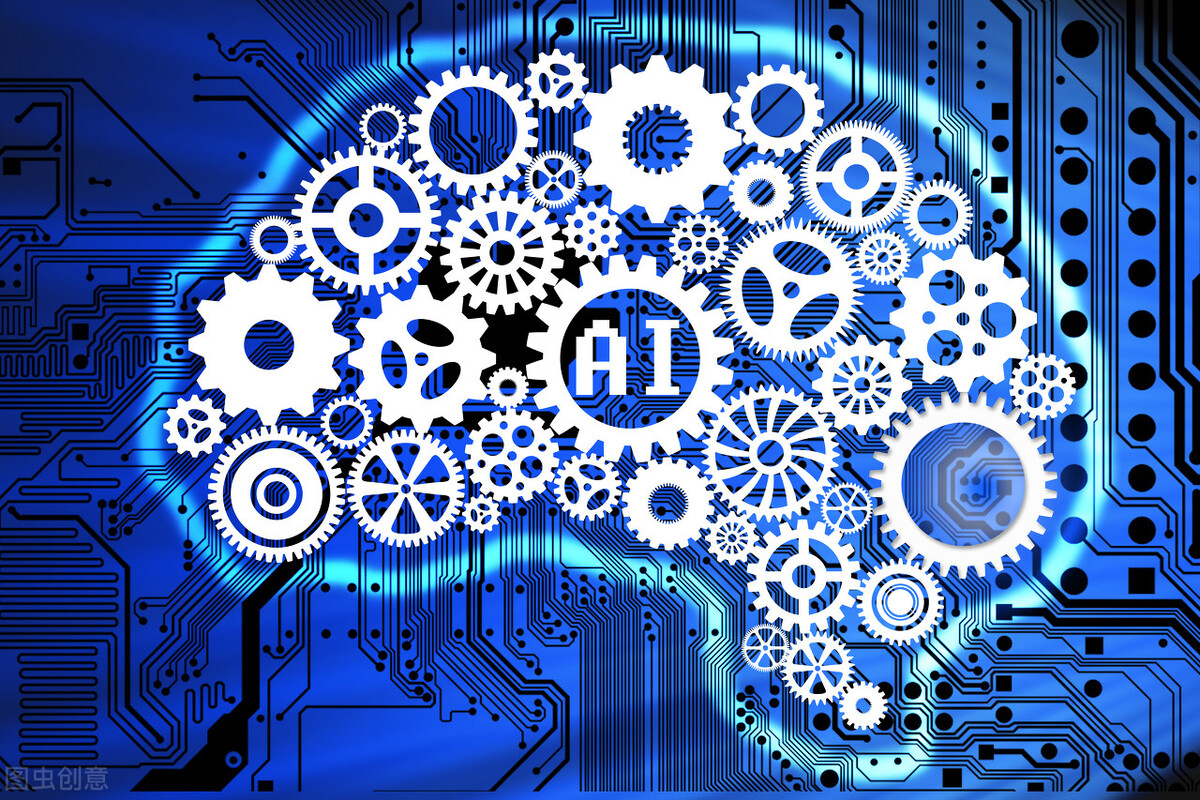Artificial Intelligence Ethics: A Question Of Conscience In The Technological Age
Artificial Intelligence Ethics: A Question Of Conscience In The Technological Age
In today's era of rapid development of technology, artificial intelligence (AI) is like a dazzling new star, illuminating all fields and bringing unprecedented convenience and change. However, when enjoying the AI dividend, we also face severe AI ethical problems.
In today's era of rapid development of technology, artificial intelligence (AI) is like a dazzling new star, illuminating all fields and bringing unprecedented convenience and change. However, when enjoying the AI dividend, we also face severe problems in artificial intelligence ethics, which is a profound question on the conscience of human beings in the technological era.
AI is developing rapidly
Artificial intelligence is developing at an astonishing pace, from smart voice assistants to autonomous vehicles, from medical diagnostic systems to financial risk assessments, AI is everywhere. It processes massive data with its powerful computing and learning ability and makes accurate predictions and decisions. In the medical field, assist doctors in diagnosing diseases and improving efficiency; in the transportation field, autonomous driving is expected to reduce accidents and alleviate congestion.
Causing many ethical issues
Data privacy threatened
AI operations rely on a large amount of data containing personal information. Once leaked or abused, it will cause serious losses to the individual. Some companies over-collect user data to pursue profits, and users often hand over privacy without knowing it.
Algorithm bias is hard to ignore
AI algorithms are based on data training. If the data is biased or discriminated against, the algorithm will convey this unfairness. For example, during recruitment, the AI recruitment system may evaluate certain groups unfairly due to discriminatory factors of historical data, which aggravates social inequality.
Responsibility for independent decision-making is difficult
When AI systems make independent decisions, responsibilities become a problem. If an autonomous vehicle accident is incurred, there is no clear answer to whether the responsibility is to the manufacturer, programmer or the system itself. Moreover, its decision-making process is opaque, which increases the difficulty of determining responsibility.
Work together to meet challenges
Government strengthens supervision
The government should strengthen supervision of AI and formulate laws and regulations to regulate R&D, application and data use. Clarify data privacy protection standards and severely punish data leakage abuse; establish an algorithm review mechanism to ensure fairness and transparency.
Enterprises assume responsibility
As the main body of R&D and application, enterprises must assume social responsibilities and strengthen self-discipline. In R&D, we focus on ethical design, use fair data sets to train algorithms to avoid bias; establish interpretable AI models to allow users to solve the problem. At the same time, strengthen employee ethics training.
Social publicity and education
All sectors of society should strengthen publicity and education on artificial intelligence ethics and improve public awareness. Through lectures, seminars and other activities, we will enhance public participation and supervision awareness and encourage the public to participate in ethical discussions and decision-making.
The ethics of artificial intelligence is a question of the conscience of human beings in the technological era. We cannot just pursue technological progress and ignore ethical and moral constraints. Only by finding a balance between technology and ethics can AI benefit mankind and create a better future together. Let us use our conscience and wisdom to safeguard the development of AI.





